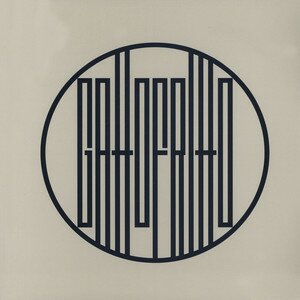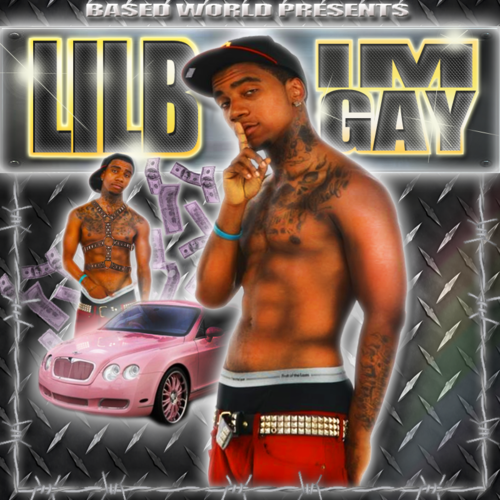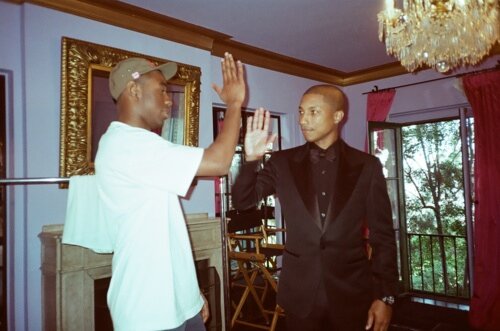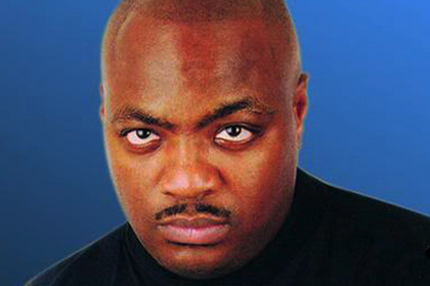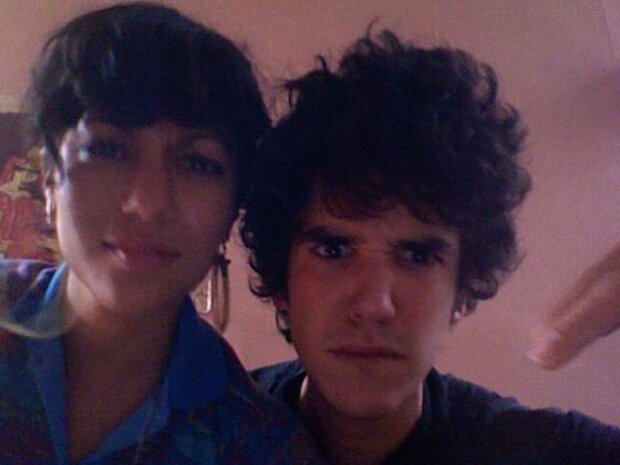
Los Angeles duo Nguzunguzu (Asma Maroof and Daniel Pineda) are invigorated by the sonic give-and-take between radio R&B and the of-the-moment underground dance that’s going on in too many places to name right now. Think: Diplo and Afrojack producing “Look At Me Now” for Chris Brown (it always comes back to that song, doesn’t it?) but also, dubstep pretty much just doom-and-glooming the retro-futuristic sounds of mid-2000s R&B and creating a new phenomenon altogether. And Nguzunguzu are so deep into this stuff, beyond what the blogs have already co-signed and declared cool, that they’ve put on experimental Baltimore club producer and No Trivia favorite, DJ Pierre (he’s on Mirage Remixes EP, and Vicki Leekx).
Their Perfect Lullaby mix, moves from Monica and Brandy to Ciara to R. Kelly to Nicki Minaj to footwork to whatever you want to call what Kingdom does, toying with genre expectations, conjuring up immediate nostalgia, making a point that I’ve been harping on for awhile (that everything coming out these days is chillwave), but totally not sounding like “bullshit,” even though that description would suggest otherwise, right? Perfect Lullaby begins with what appears to be Nguzunguzu’s sonic mission statement: The synthesized harps from “The Boy Is Mine” looped over and over into something that’s briefly Terry Riley-like. The group’s own productions are darker and even more slippery, maintaining the sensuality of R&B even as they mutate it into slow-fast rhythmic work-outs and foggy dusted grooves. It’s all about tension, or maybe it’s all about release? It’s hard to tell–and that seems to be the point.
One of the many reasons for Perfect Lullaby keeping at least one of its feet in a couple years ago (besides those songs still being great), is that hits from the early to mid 2000s are far easier to remix. The digital era, along with with the supposed “vinyl resurgence” skipping right over rap and R&B, has made the once standard acapella track something of a rarity and therefore, all-out remixes close to nonexistent. The Nicki Minaj song here, “Wave Ya Hand,” is left untouched (it’s a great pick because it already sounds like a remix) and the few 12-inch singles still being released rarely feature an acapella track. This seems like another one of the industry’s insane, short-sighted techniques for keeping everything as close to their chest as possible: By protecting the acapella, remixes are restricted to those co-signed by the labels and artists. It’s a really dumb move and ignores the importance of remixes in accidentally exposing songs to new audiences or providing them a musical life beyond the right-now. Then again, major labels are only interested in the right-now.
The recent dearth of acapellas may have also helped the growing prominence of chaotic, regional sounds though. Footwork, dubstep, pitch-shifting remixers like Flying Lotus or Star Slinger, the renewed love of screw music, and jagged, noisy scenes like Baltimore club, bounce, or moombahton, don’t rely on a nice clean vocal; they can reach into even the busiest pop song or the radio hit that’s currently winning the loudness wars and still chip off a nice chunk and flip the shit out of it. Then, groups like Nguzunguzu find a place for it in a mix, while whatever major label sanctioned remix dies out a few months after it premieres on Jersey Shore.
